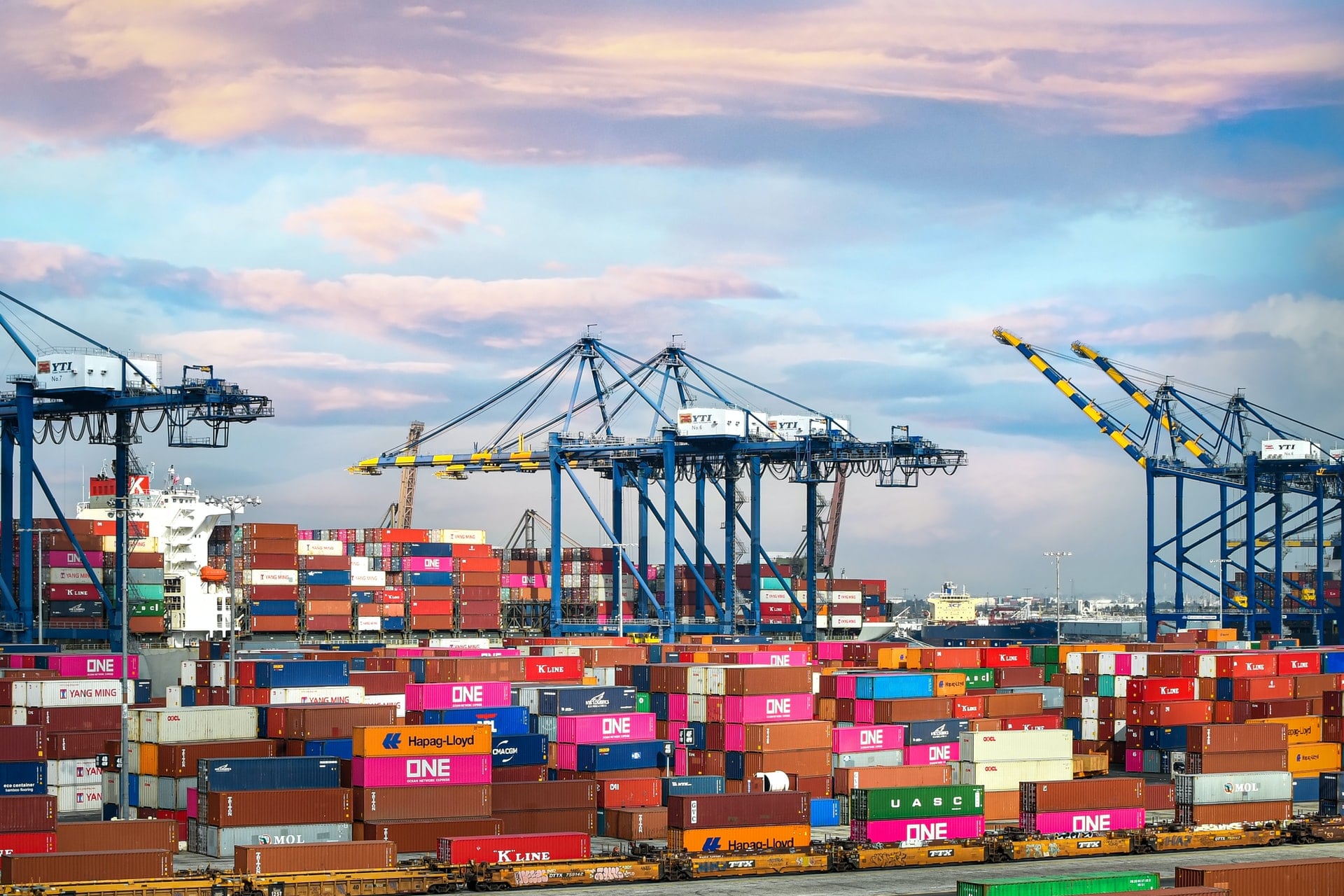GenAI For All: Empowering Asia Ahead
Generative AI (GenAI) is making a significant impact on the world. It is playing a crucial role in helping Asian businesses generate original content, ranging from engaging marketing campaigns to inventive product designs. According to a recent study, 75% of respondents in APAC have intentions to embrace generative AI within the next 12 months. Nearly one-third of these respondents are either already running generative AI workloads in production or are actively testing the technology.
GenAI includes a range of advanced algorithms that can produce entirely new outputs such as text, code, images, and even music. These models undergo extensive training on vast datasets, learning the underlying patterns and structures of existing content. Armed with this knowledge, GenAI models can create innovative works, sometimes challenging to distinguish from those crafted by humans.
GenAI Race
As of writing this article, numerous GenAI products are available in the market, and several others are currently in the development phase. OpenAI initiated this trend by introducing its initial demo model of GPT-3 in November 2022. At present, the company has launched its latest model, GPT-4, which boasts improved factual accuracy and a reduced risk of generating offensive or hazardous content.
After the success of ChatGPT and the recognition of its potential to influence diverse industries, leading tech giants worldwide are actively developing their own versions of this potent language model. Apple, a major player in the tech industry, is currently crafting its GenAI, akin to OpenAI’s ChatGPT and Google’s Bard. Apple GPT essentially mirrors the capabilities of Bard, ChatGPT, and Bing AI. It functions as a web application and is being internally employed for product prototyping within Apple.
Immense Potential for Asian Businesses
GenAI is reshaping the business landscape in Asia, and Alibaba, a prominent Chinese tech giant, is actively participating in this race. Recently, Alibaba introduced a suite of tools and models, with its flagship being Tongyi Qianwen, a formidable large language model (LLM) challenging the likes of ChatGPT. Tongyi Qianwen stands out as one of the most extensive and powerful generative chatbots to date.
Tongyi Qianwen operates primarily as a question-and-answer bot, akin to ChatGPT. However, its capabilities extend beyond that, as it can also serve as a coding co-pilot, generating and automatically error-checking code across various programming languages. Alibaba has seamlessly integrated its GPT model into Taobao, its retail business, helping enhance user experience by allowing personalized product recommendations and facilitating comparisons between different products and services. Users have reported increased efficiency in receiving superior product recommendations compared to traditional search methods.
Beyond e-commerce, Alibaba has also implemented the GPT model in other areas of its ecosystem. It has integrated Tongyi Qianwen in Tmall Genie, a smart speaker device, and DingTalk, a workplace messaging app. Here particularly, the GPT model has demonstrated its versatility by drafting meeting summaries, creating personalized schedules, generating copywriting for marketing purposes, and producing action plans or to-do lists based on sketches and handwritten notes.
“As we gradually integrate the Tongyi Qianwen model into our products and services, we hope users can reap the benefits from these compelling AI innovations for their work, study, play and interaction with each other,” states Zhou Jingren, Alibaba Cloud’s CTO.
Beyond Business
The application of GenAI extends beyond businesses, as government agencies are quickly recognizing its potential. Singapore’s Government Technology Agency (GovTech) is actively developing a GenAI chatbot aimed at assisting citizens in navigating career transitions and making informed career decisions. By posing a series of inquiries related to an individual’s interests and professional journey, the chatbot can guide users in identifying potential career opportunities, understanding the skills necessary for specific transitions and highlighting available training courses.
Furthermore, GenAI is making tangible impacts at the grassroots level, particularly in aiding farmers. In the Indian state of Haryana, villagers are using Jugalbandi, a novel WhatsApp-based chatbot. This innovative solution enables villagers to perform a range of tasks, including applying for pension payments and accessing university scholarships. Jugalbandi has the capability to comprehend questions in various languages, whether spoken or typed, and retrieves information on relevant programs, typically documented in English, before conveying it back in the local dialect. This streamlined approach saves users significant time compared to the traditional method of conducting web searches and navigating through a complex network of links.
Moving forward, GenAI’s usage and popularity will continue to grow. However, harnessing its immense potential for business, society, and governance will require a collaborative approach. Essential pre-requisites include skills in operating and managing such technology, ensuring data privacy and transparency, bolstering internet infrastructure, and establishing a robust policy framework. These elements are imperative for unlocking the full spectrum of benefits offered by GenAI for all.
Photo Caption: Asian businesses are on the cusp of a GenAI revolution.



